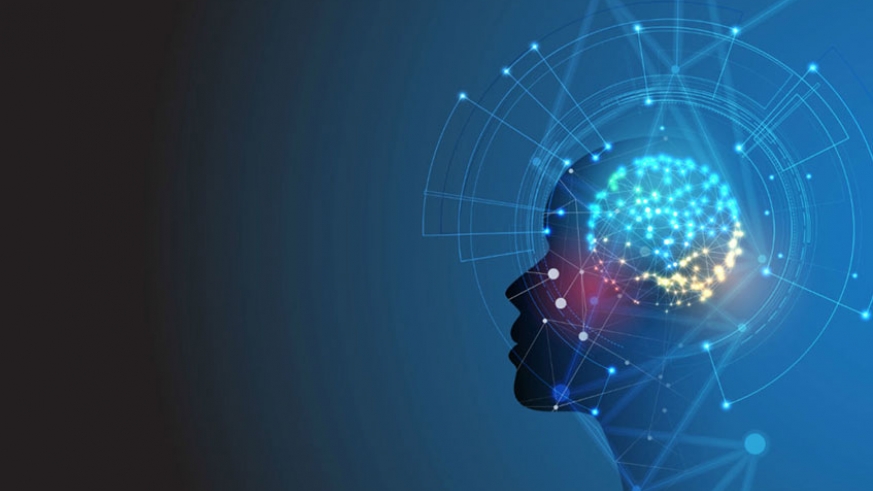

Most recently, the Government of Rwanda announced the establishment of a technology Centre of Excellence (CoE) in Digitalisation and Artificial Intelligence (AI). As was noted, the new CoE is expected to start in 2021.
As highlighted, the CoE is central to development and delivery of advanced technological solutions, notably in artificial intelligence, security and protection of critical infrastructure and assets. Besides, the Centre will offer advanced training in simulation systems to develop local engineering and technical talent and foster technology transfer.
Obviously, this will be a remarkable technological milestone, leading to the quest of turning the country into a technologically-based economy.
Following the announcement of the Centre of Excellence, I particularly welcomed the development as I was completing my training in Artificial Intelligence. Of course, AI is a new technology which will significantly drive a paradigm shift in the patterns of performing work.
AI is an ideal opportunity as it will significantly improve, among other things, efficiency as opposed to replacing human roles as many people think.
On the whole, AI will have enormous positive impact in the country’s economy. Thus, it requires humans to adapt their skills to work with Artificial Intelligence.
Prior to articulating the benefits of AI, it is worth noting that AI is regarded as the ‘Fourth Industrial Revolution (4IR)’. It will certainly bring about changes to the way we live, work and interact due to the introduction of intelligent technologies.
Centuries, or dozen decades ago, the world experienced important revolutions, namely the ‘First Industrial Revolution’, which used water and steam power to mechanise production.
The ‘Second Industrial Revolution’ used electric power to create mass production. The ‘Third Industrial Revolution’ used electronics and information technology to automate production. And now the ‘Fourth Industrial Revolution’.
The 4th one, of our time, is building on digital technologies. It is thought to be a fusion of technologies that is blurring the lines between the physical, digital, and biological spheres.
Importantly, Artificial Intelligence, including machine learning and deep learning systems, are changing each and every industry and could create incredible opportunities for businesses.
As rightly put, by Fernando that "there is opportunity in AI beyond our imagination, the winners will be the ones getting to production early”. There’re many technologies behind artificial intelligence. In other words, Artificial Intelligence is a set of technologies that allows machines and systems to sense, comprehend, act, and learn.
First, AI, or machine learning, has capability and sense of perceiving the world around it by gathering and processing images, sounds, speech, and text. Crucially, it does it more than a human could do. Examples of this include facial recognition, such as when your phone unlocks with a simple glance, image categorization—is it a dog or a cat? Sound pattern recognition—is it fireworks or a bomb going off?
Second, AI’s capability to comprehend. Machine learning, a subset of AI, is able to understand the information it collects through pattern recognition, such as finding patterns in social media posts on fraudulent behaviours for insurance claims.
This is very similar to how humans interpret information by understanding the patterns presented and their contexts. One of the technologies behind AI is Natural Language Processing (NLP). This allows computer programmes to understand spoken language.
The writer is a law expert.
The views expressed in this article are of the writer.


